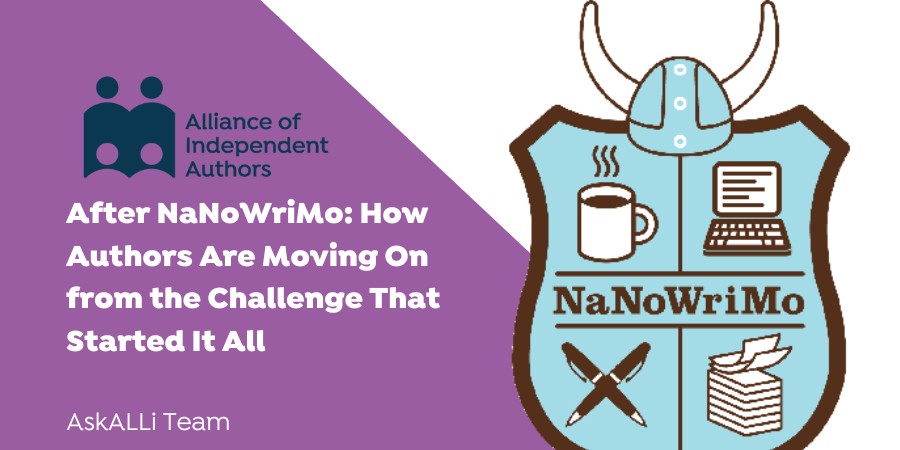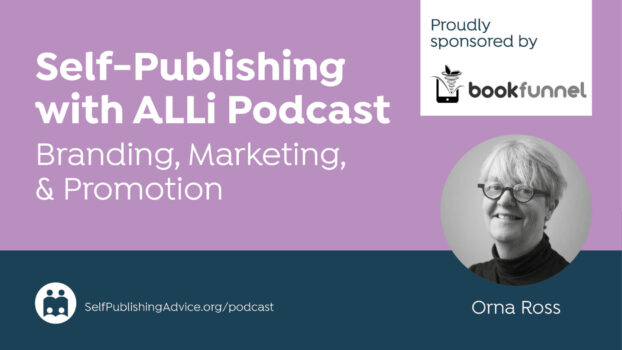When news broke that NaNoWriMo is shutting down, it marked more than the end of a writing challenge. For many writers, it was the loss of a ritual, a motivator, and even a career-launching platform.
Founded as a nonprofit in 2006—years after the original November novel-writing challenge began informally—NaNoWriMo had become a global phenomenon, helping thousands of writers get their first drafts onto the page. But in recent years, the organization faced growing criticism for its handling of internal controversies and a perceived drift from its original mission.
The financial strain of running year-round events and paid staff, combined with backlash over its response to issues including generative AI and safeguarding, ultimately led to its closure. A staff member was accused of inappropriate conversations with minors on another platform, and the organization’s response was widely viewed as inadequate.
Meanwhile, its decision to frame AI criticism as potentially ableist alienated many in the writing community. The result was a slow erosion of trust—and the end of what had once been the most recognizable writing challenge in the world.
A Starting Point for Many
For many authors, NaNoWriMo wasn’t just a fun challenge—it was the gateway to their first book, and sometimes their entire writing career.
Kevin McLaughlin credits the event with changing the course of his life.
“I probably wouldn't be a full-time author today if it hadn't been for NaNoWriMo,” he said.
He first took part in 2007 at the suggestion of a friend. That year, he finished his first novel. He came back for more in 2008, and eventually became the Municipal Liaison for Vermont, organizing local events and encouraging other writers to take the plunge. By 2012, he was writing multiple books a year and no longer needed the push, but he never forgot how it helped him begin.
“That doesn’t make the ability to get one’s start via something like NaNo less valuable,” he said.

“I was already a traditionally published nonfiction author, but NaNo was a rather good substitute for cranking out an extremely rough draft.” — Gianaclis Caldwell
Other writers echoed that sense of launch. Gianaclis Caldwell, already a traditionally published nonfiction author, used NaNoWriMo to shift into fiction. She started in 2018 and participated every year until the recent controversies.
“I was already a traditionally published nonfiction author, but NaNo was a rather good substitute for cranking out an extremely rough draft,” she said. That 2018 draft, rewritten sixteen times, is now her debut novel—set to release this June.
Alexander Lane recalled his first attempt in 2017, which taught him the basic math behind the challenge: 50,000 words in thirty days equals just 1,700 words a day.
“My first Nano 50k was a rambling mess,” he said, “but the second year, I started thinking about it seriously a few months ahead, prepped hard for a month, and delivered a 50k first draft that became my first self-pubbed novel—five years later.”
Whether or not they stuck with the program long term, each of these writers returned to the same idea: NaNoWriMo gave them permission to start.
Building Habits and Finding Community
For many writers, NaNoWriMo was less about finishing a novel and more about establishing a writing rhythm—and connecting with others doing the same.

“I failed Nano the first time I tried, but subsequently ‘won’ it ten years in a row.” — Judith Mortimore
Judith Mortimore turned to the challenge after finishing her doctorate, which had left her creatively stalled.
“I failed Nano the first time I tried,” she said, “but subsequently ‘won’ it ten years in a row.”
She has since self-published the first six books she wrote during those November sprints and is preparing the next batch for release. What kept her coming back, she said, was not the community or the forums—she never used those—but the self-imposed pressure.
“I am the sort of person that needs a deadline, even a self-set one,” she said.
Others found the social element equally important. “I will miss NaNoWriMo,” said Dan Ellrick.
“Although my writing journey did not start there, it was an annual ritual and an opportunity to refresh and recommit.”
He joined the challenge in 2022 and met his current writing group on a NaNo forum. They now meet weekly on Discord.
Yvonne Ho recalled the energy of writing alongside others.
“It used to be fun writing with other writers,” she said. “I enjoyed talking to fellow writers and meeting professional editors. I will miss the camaraderie.”
That mix of structure and social motivation made the challenge uniquely powerful.
“The discipline it taught me—i.e., keep going forwards, don’t look back—has stayed with me ever since,” said Patsy Trench, who completed the challenge twice. She also appreciated the timing.
“November in the Northern Hemisphere is such a **** month. The timing is perfect. No distractions!”
Caldwell said the daily goal-setting continues to shape her routine.
“It also teaches the value of a little bit every day,” she said. “I still use word goals and track my word count on a paper calendar to give myself a visual progress meter.”
Even for writers who now work year-round, the habits built in November stuck. The focus, momentum, and occasional connection with others became part of how they approached writing the rest of the year.
A Community That Lost Its Way
While many writers reflected fondly on what NaNoWriMo once offered, several pointed to what they saw as a long, visible unraveling—one that eroded trust and ultimately contributed to its closure.
“I'll miss it, but they lost the plot years ago,” said McLaughlin. He traced the shift back more than a decade, when the organization began accepting advertising from vanity presses.
“The MLs protested, and it was removed, but it was the first sign of cracks.”
When founder Chris Baty left, McLaughlin said, the ads returned, and the nonprofit’s focus began to drift.
“They started trying to do a bunch of new things—camps, new website, bunches of new paid staff,” he said. “Essentially, they took something that was fun and designed around a specific thing, and decided that it was something they could use to make a living for the people running it.”
For McLaughlin, the final blow came with the organization's handling of more recent controversies.
“They mismanaged the whole AI thing,” he said, referring to the group’s public statement that refused to take a stance on the use of generative AI and labeled some critics as ableist. More troubling, he added, were the safeguarding concerns involving a staff member accused of inappropriate conduct with minors on another platform. “They tried to bury that, rather than dealing with it firmly, and that was pretty much the end.”
Lane saw the collapse as part of a broader pattern.
“It's sad that it became a textbook example of a community project that outgrows itself, takes advantage of its community, and shamelessly self-destructs,” he said. “In some ways it feels like an exemplar of the way that late-capitalist culture wants to harvest every good idea for profit, and destroys all that was good about it along the way.”
Despite the disappointment, both Lane and McLaughlin believe the original idea still holds value—and may yet return in a new form.
“I suspect a new version of it will pop up within a few years,” McLaughlin said. “There’s clearly still a community need to have such a thing.”
What Comes Next?
Though NaNoWriMo as an organization may be gone, few believe the need it once filled will disappear. Some writers are already continuing the tradition on their own terms, while others are looking to emerging alternatives to carry the spirit forward.
“I am now atuned to writing 50,000 words in November,” said Mortimore, “and will undoubtedly continue to do so.” She emphasized that while she writes at other times during the year, November has become a period of focused output—one that she plans to maintain, certificate or not.
Kayleigh Brindley said she had moved on from NaNoWriMo years ago. “So, I won't miss it,” she said. “And there are definitely other similar things ongoing already.” She pointed to Write November, a program created by Writers HQ as an alternative for those still seeking the structure and challenge NaNo provided.
Others are continuing the habits NaNo instilled, even if they are no longer participating in a formal event. “I haven't found or looked for a substitute,” said Caldwell, “as my own work habits are now pretty solid, but I so wish the organization had not imploded so that others could take the challenge.”
For some, the closure marks the end of an era—but not the end of the motivation or momentum that NaNoWriMo once brought each fall. Whether through self-set goals, new programs, or revived communities, the core idea remains: a little pressure, a shared deadline, and the belief that a novel can be written, one day at a time.
Thoughts or further questions on this post or any self-publishing issue?
 If you’re an ALLi member, head over to the SelfPubConnect forum for support from our experienced community of indie authors, advisors, and our own ALLi team. Simply create an account (if you haven’t already) to request to join the forum and get going.
If you’re an ALLi member, head over to the SelfPubConnect forum for support from our experienced community of indie authors, advisors, and our own ALLi team. Simply create an account (if you haven’t already) to request to join the forum and get going.
Non-members looking for more information can search our extensive archive of blog posts and podcast episodes packed with tips and advice at ALLi's Self-Publishing Advice Center.




